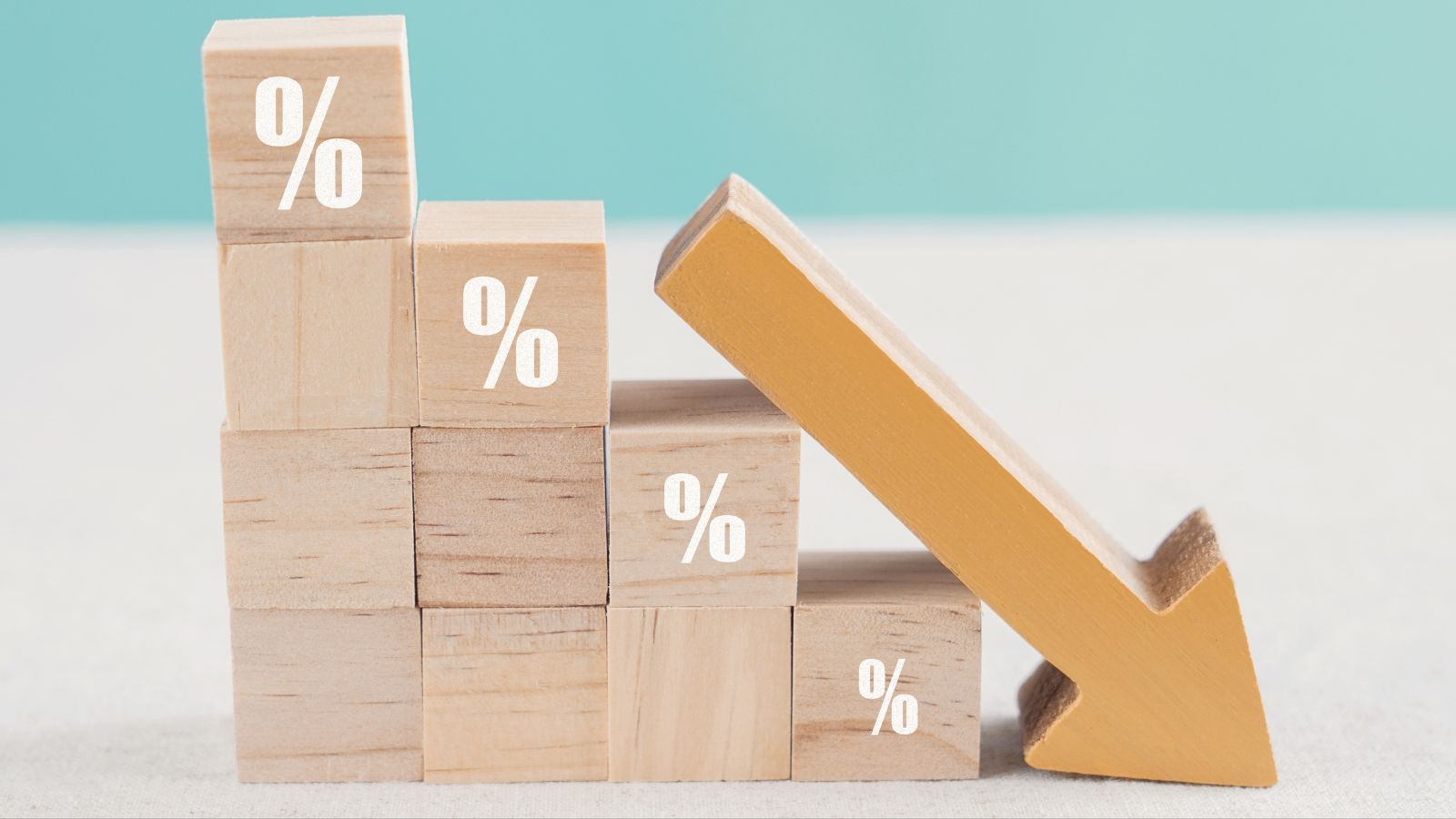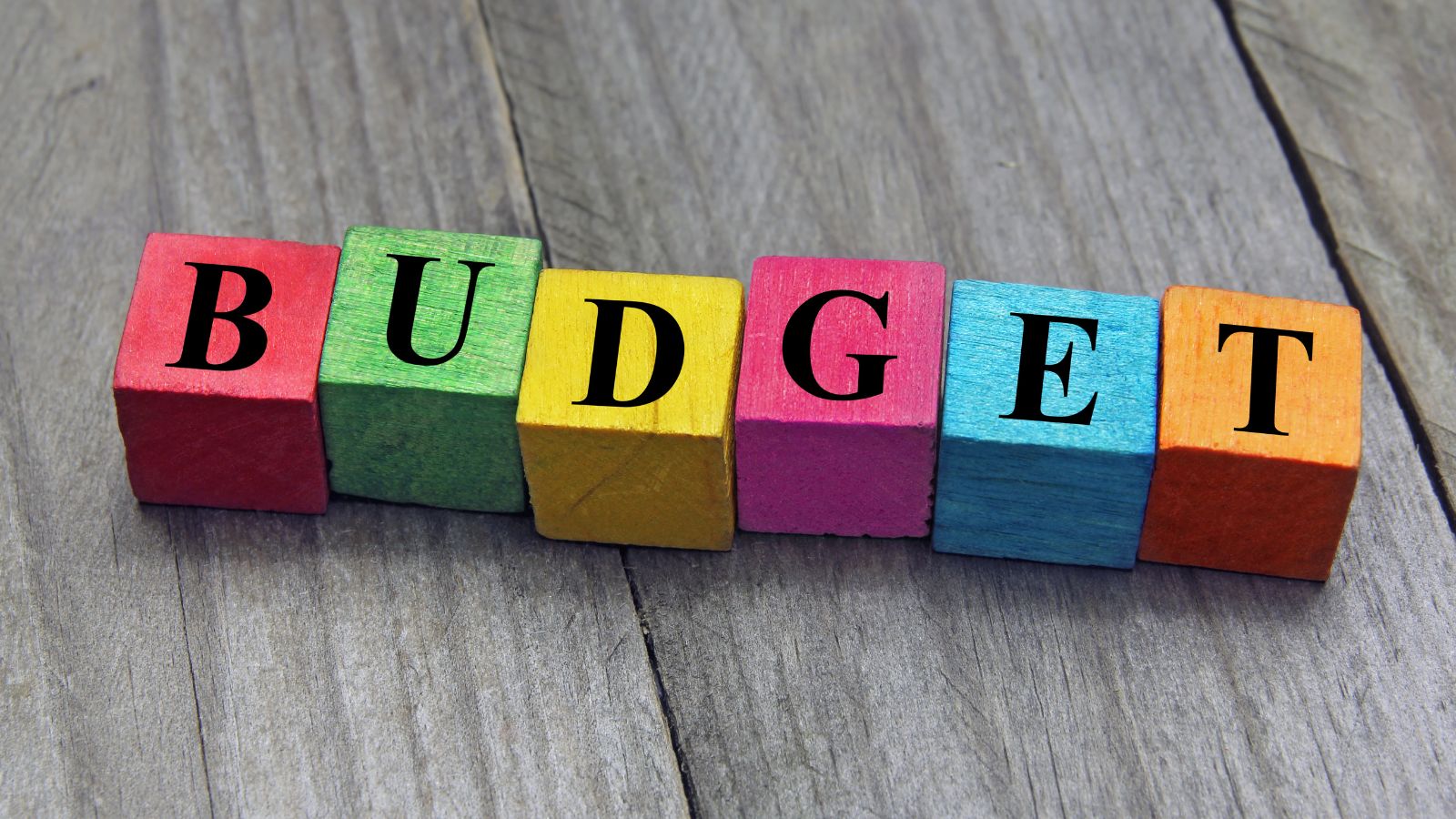When people think of millionaires, they often picture luxury cars, sprawling mansions, and champagne popping on yachts. Yet, in Canada, a good number of millionaires quietly accumulate wealth without living like characters from a reality show. They don’t always flaunt their money. Here are 21 budgeting lessons learned from Canada’s quiet millionaires.
Automating Savings

One of the simplest but most effective habits is automating transfers into savings and investments. Quiet millionaires treat saving as non-negotiable, like paying a bill. By setting up automatic transfers on payday, they ensure a portion of their income goes into accounts before they even see it. This removes the temptation to spend what’s available. Over time, these consistent contributions create serious wealth, even without dramatic income spikes.
Prioritizing Needs Over Wants

Instead of rushing into purchases, many wealthy Canadians distinguish clearly between needs and wants. They might admire the latest gadget or luxury furniture set, but resist buying unless it fits long-term goals. This doesn’t mean they deny themselves enjoyment, but rather that they delay or question unnecessary spending. For example, replacing a still-functional vehicle just for style points rarely makes the cut. By asking “Do I actually need this now?” they align purchases with priorities rather than impulses.
Living Below Their Income Level

It’s not unusual for quiet millionaires to live in homes or drive cars that outsiders wouldn’t guess belong to wealthy people. They deliberately avoid letting lifestyle inflate with income. For instance, someone making $200,000 a year may choose to live comfortably as if they earn half of that. This decision allows them to stash the difference into investments, retirement funds, or business ventures. The habit of resisting lifestyle creep separates them from peers who spend more as they earn more.
Avoiding High-Interest Debt

Debt can erode wealth faster than almost anything. Millionaires are not immune to loans, but they avoid high-interest consumer debt like credit cards whenever possible. Many pay balances in full each month to dodge interest charges. They understand that interest rates of 18–20% are destructive and undermine even strong income streams. If financing is necessary, they look for low-interest credit lines or leverage debt only when it enhances assets, such as real estate investments.
Tracking Every Dollar

Quiet millionaires tend to know exactly where their money goes. Instead of vague ideas about monthly expenses, they track diligently. Some use apps, others stick to spreadsheets, but the principle is the same: measure it to manage it. By analyzing spending patterns, they identify leaks, such as unused subscriptions, overpriced insurance, or frequent dining out. Knowledge empowers adjustment. This doesn’t mean they never splurge; it just ensures that when they do, it’s intentional.
Leveraging Employer Benefits

Many employees overlook workplace perks that can boost wealth, but millionaires rarely do. They maximize retirement contributions where employers match funds, essentially doubling savings instantly. They also take advantage of health benefits, professional development allowances, or stock purchase programs. Ignoring these benefits is like leaving free money on the table. Wealthy Canadians understand that optimizing available programs lowers expenses and builds future value.
Making Housing Decisions Carefully

Housing often represents the biggest budget line, and quiet millionaires don’t treat it lightly. Rather than stretching themselves to the financial edge for an oversized property, many choose homes that fit their actual needs while leaving room for savings. They also think long-term, evaluating neighborhood growth, property taxes, and maintenance costs before committing. This practical approach allows them to avoid being house-poor, a common trap in Canada’s expensive housing markets. Instead, housing becomes a stable foundation for wealth-building, not a constant financial burden.
Shopping Smartly

From groceries to clothing, they don’t overspend unnecessarily. That doesn’t mean buying the cheapest option, but rather seeking value. Many shops offer loyalty programs and they make large purchases during discount seasons. They may also prefer quality items that last longer over trendy items that wear out quickly. The cumulative effect of mindful shopping is huge over the years. What seems like a minor price difference on everyday goods becomes a significant saving when repeated thousands of times.
Building Emergency Funds

Unexpected expenses happen, whether it’s a broken furnace in January or a sudden job shift. Quiet millionaires prepare by keeping a strong emergency fund, usually covering at least six months of expenses. This buffer allows them to handle disruptions without relying on expensive credit or derailing investments. It also provides peace of mind—financial stress is lower when there’s cash set aside.
Valuing Experiences Over Things

Spending isn’t eliminated; it’s directed. Many millionaires prefer to fund experiences like travel, education, or family time over accumulating flashy possessions. Experiences bring long-term satisfaction and memories, whereas many material items lose appeal quickly. This approach not only helps control clutter but also aligns spending with deeper values. Budgeting for experiences allows for joy without constant consumption.
Using Tax Shelters Strategically
Tax efficiency is a hallmark of wealth-building. Quiet millionaires maximize tools like RRSPs and TFSAs, ensuring that investments grow with minimal tax drag. They also consider capital gains treatment, dividend credits, and charitable donation deductions. By being tax-smart, they retain more of their earnings and investments. This isn’t complex evasion; it’s simply using legal structures fully. Every dollar not paid unnecessarily in taxes is a dollar left compounding for the future.
Learning Constantly

Building wealth isn’t about memorizing one budgeting trick and calling it a day, it’s about evolving with financial realities. Quiet millionaires consistently update their knowledge through books, trusted financial media, or workshops. They adapt to tax changes, policy shifts, and new investment tools instead of being left behind. This approach prevents costly mistakes, such as holding onto outdated products or missing fresh opportunities.
Avoiding Peer Pressure Spending

Overspending often comes from trying to keep pace with friends, family, or coworkers. Millionaires dodge this by detaching finances from social comparison. They don’t feel the need to attend every luxury vacation or buy matching status items just to fit in. By setting their own financial priorities, they protect budgets from external pressures. They also gravitate toward like-minded people who value similar discipline, making it easier to resist overspending. Avoiding this trap frees up thousands annually.
Focusing on Health as an Asset

Many underestimate how much poor health drains budgets over time. Wealthy Canadians plan around health because they recognize it directly impacts financial security. They allocate funds for preventive care, nutritious food, and insurance coverage, viewing these as essential investments. Staying healthy reduces future medical costs, prevents missed work, and maintains energy to pursue opportunities. Unlike cutting corners on diet or skipping checkups, budgeting for wellness ensures long-term resilience.
Avoiding Impulse Purchases

Impulse spending can sabotage even the best budget, which is why many millionaires put safeguards in place. Many apply a “cooling-off” period, delaying unplanned purchases for days or weeks to test if the desire lasts. Often, the urge fades, saving both money and regret. For bigger buys, they research alternatives, compare prices, and only commit once they’re certain. This habit keeps closets free of unused gadgets and accounts free of credit debt. The principle is simple: making slower decisions leads to smarter spending and stronger budgets.
Teaching Kids About Money

Passing down wealth requires passing down habits. Millionaires budget not only for their own futures but also for their children’s financial education. They set up allowances tied to responsibility, encourage early saving, and even introduce investing basics. Instead of shielding kids from financial discussions, they involve them, explaining household decisions and long-term goals. By making money management a normal conversation, they prepare kids to avoid debt traps and poor habits later in life.
Allocating for Giving

Philanthropy is rarely random for quiet millionaires; it’s integrated into budgets like any other category. They often set aside a fixed percentage of income annually for charities, community projects, or causes that matter to them. This ensures generosity doesn’t disrupt other financial obligations. Charitable giving also provides tax deductions, amplifying impact while maintaining fiscal balance. Beyond numbers, structured giving reflects values, helping them feel wealth serves more than personal gain.
Thinking Long-Term With Investments

While many chase quick wins, quiet millionaires budget around patient investing. They set aside steady contributions for long-term vehicles like index funds, rental properties, or retirement accounts. Instead of reacting to market hype or panics, they maintain consistency, letting compounding do the heavy lifting. Their budgets prioritize future growth over instant gratification, ensuring capital isn’t jeopardized by risky fads. By sticking with diversified portfolios and disciplined contributions, they create stability even during turbulent times.
Seeking Professional Guidance

Not every financial decision can, or should, be made alone. Millionaires often budget for professional advice, hiring accountants, tax specialists, or planners when needed. These experts help identify overlooked savings, ensure compliance, and fine-tune strategies for efficiency. While advisory services come with fees, the returns frequently outweigh costs, especially with complex portfolios or estates. Budgeting here includes recognizing personal limits and leveraging expertise to make sharper, more confident financial moves.
Maintaining Patience and Consistency

Quiet millionaires know that wealth accumulation is a slow and steady process, not a sprint. They resist the temptation to overhaul budgets after small setbacks or chase risky shortcuts. Instead, they maintain consistent saving, careful spending, and regular investing, year after year. This patience prevents emotional reactions to stock market swings or peer pressure. Over time, consistency turns ordinary contributions into substantial portfolios.
Enjoying Money Wisely

Discipline doesn’t mean living like a monk. Millionaires intentionally budget for enjoyment, whether that’s travel, hobbies, or family celebrations. The difference is that fun spending is deliberate, not impulsive, and balanced against long-term goals. By carving out space in the budget for pleasure, they avoid burnout while maintaining financial security. This prevents resentment toward money management and reinforces sustainable habits. Wealth isn’t hoarded endlessly; it’s used purposefully to enhance life. The lesson is simple: budgets should serve happiness as well as stability.
21 Products Canadians Should Stockpile Before Tariffs Hit

If trade tensions escalate between Canada and the U.S., everyday essentials can suddenly disappear or skyrocket in price. Products like pantry basics and tech must-haves that depend on are deeply tied to cross-border supply chains and are likely to face various kinds of disruptions
21 Products Canadians Should Stockpile Before Tariffs Hit

